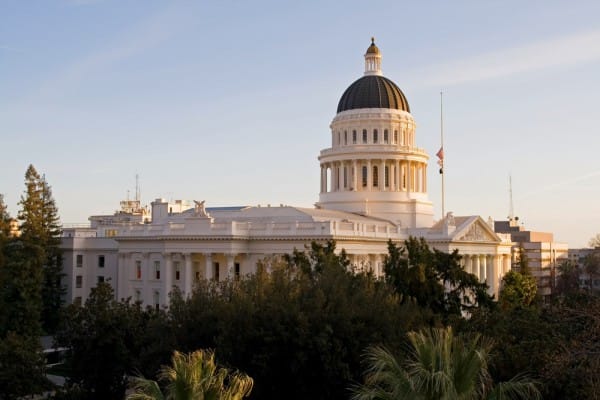Increasing Time Spent on Political Fundraising Highlights Need for Reform


Credit: "California State Capitol"/ Shutterstock.com
The campaign season is over and the next round is still a year away. However, legislators never really stop being a candidate and the California political fundraising machine is already running.
A recent piece in the Boston Globe highlighted how much time members of the Congress have to spend fundraising, especially the freshman lawmakers, whose seats are considered to be vulnerable in the next elections. Newcomers are expected to spend up to 4 hours a day making phone calls for donations, twice as much as the time dedicated for committee hearings, floor votes, or to meet with constituents.
A similar trend is noticeable at the state level, especially in California. Over the last decade, costs of elections have rose steadily, changing candidate fundraising practices.
Fundraising has always been part of any political activity. Former Assemblymember Jeff Marston said he remembers making fundraising phone calls a couple of times a week during his years in the state Assembly in the early 1990s.
Over the last decade, however, these practices have changed substantially in Sacramento as fundraising has essentially become a profession. Today, most, if not all, members of the Legislature have fundraisers organized by professional fundraising companies.
Due to the rising costs of elections and the fact that fundraising has become a whole industry, there is now an endless number of fundraisers throughout the legislative session. In 2008, there were over 135 fundraising events organized in the last two weeks of the legislative session.
Fundraising is not done by candidates for the sole purpose of funding their campaigns anymore. Candidates in safe districts are encouraged to raise more money than they need to help other members of their caucus. This is how they are able to impress party leaders and climb party ranks.
This era of constant fundraising is more contested from the inside as a majority of legislators do not particularly like spending more of their time on the phone bugging potential donnors. Contributors are also tired of receiving dozens of invitations to fundraising events that happen throughout the year.
It is also contested from the outside. In a time when public trust in political institutions is declining, legislators receiving a check on one day and voting the next is not helping. The public perception of the governmental process would be greatly improved if a better separation of these two political activities was possible.
Earlier this year, a solution was put forward by USC professor and former chair of the California Fair Political Practices Commission, Dan Schnur , when he announced he was working on a proposition to ban all fundraising for statewide officeholders whenever the Legislature is in session. Fifteen states currently have limits on fundraising during legislative sessions.
Schnur believes such reform -- combined with the top-two primary and independent redistricting -- would create an environment that fosters cooperation among legislators of opposite sides. However, as with any reform, the beneficiaries of the current system are likely to oppose any changes, making fundraising reform in California an uncertain prospect.



